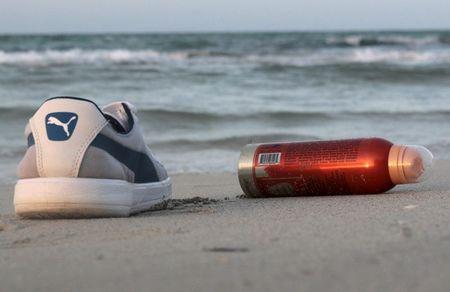Advertisement
Libya recovers 82 bodies after migrant boat sinks - official
ZUWARA, Libya (Reuters) - Libya has recovered 82 bodies washed ashore after a boat packed with migrants sank near the western town of Zuwara, a Red Crescent official said on Friday.
"About 100 people are still missing," said Ibrahim al-Attoushi, the Red Crescent official, adding that about 198 migrants had been rescued.
The boat sank on Thursday after leaving Zuwara, a major launchpad for smugglers shipping migrants to Italy by exploiting a security vacuum in Libya where rival governments and dozens of armed groups fight for control.
Many of the migrants on board, most from sub-Saharan Africa, had been trapped in the hold when the boat capsized, officials said.
Lacking proper navy ships, Libyan officials were searching for survivors on Friday with boats provided by fishermen.
"We, the Red Crescent, work with nothing. Some fishermen help us with a boat," said Attoushi. "We only have one ambulance car."
Libyan officials brought 147 survivors to a detention facility for illegal migrants in Sabratha, west of Tripoli, a Libyan security official said, asking not to be named.
The Italian coast guard, which has been coordinating rescue operations with the European Union off the Libyan coast, said it had no information about the incident.
"We have not received a request for help," a spokesman for the Italian coast guard said.
Libya has turned into a major transit route for migrants fleeing conflict and poverty to make it to Europe. Cross-border smuggler networks exploit the country's lawlessness and chaos to bring Syrians into Libya via Egypt or nationals of sub-Saharan countries via Niger, Sudan and Chad.
The number of refugees and migrants crossing the Mediterranean to reach Europe has passed 300,000 this year, up from 219,000 in the whole of 2014, the U.N. refugee agency UNHCR said on Friday.
More than 2,500 people have died making the crossing this year, not including those feared drowned off Libya in the last 24 hours, it said. That compares with 3,500 who died or went missing in the Mediterranean in 2014.
Libya has been struggling to cope with the influx of migrants, putting them in overcrowded makeshift detention facilities such as schools or military barracks where they live in poor conditions lacking medical care.



















Add new comment